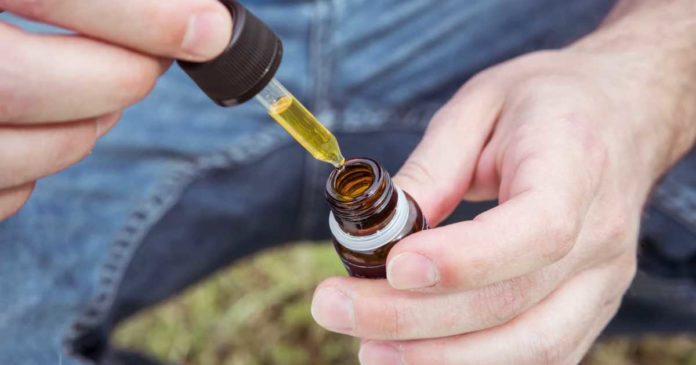The potential for cannabidiol to be sold over the counter in Australia is an exciting prospect for many. Here are some key dates for the process that lies ahead.
Cannabidiol (CBD) is a non-intoxicating cannabinoid that can be extracted from the hemp plant. There is some clinical and/or anecdotal evidence suggesting cannabidiol may be of benefit in treating or managing various conditions.
In April, the Therapeutic Goods Administration (TGA) commenced a consultation on proposed amendments to the Poisons Standard; one of which is to alter the Schedule 4 listing for cannabidiol and add a new entry that would see some CBD preparations available over-the-counter; i.e. without a prescription, from pharmacies.
The consultation period finished up on the 22nd of May. So, what’s next?
The Advisory Committee on Medicines Scheduling (ACMS) and Advisory Committee on Chemicals Scheduling (ACCS) are to meet this month – June 23 – 25. It’s at this meeting that an interim decision will be made. The decision will be made public on September 9, which will be followed by another public consultation period. The second consultation has a closing deadline of October 13.
A public notice of a final decision will be on November 25, 2020. Assuming that final decision supports the cannabidiol amendments, changes to the Poison Standard will come into effect on February 1, 2021. It’s assumed that from this date qualifying cannabidiol products will be available in Australia, over-the-counter and without a prescription.
So, while it’s still some way off and a positive result is by no means guaranteed, there may be an end in sight for the many Australians currently battling to access CBD and those eager to try it. The good news is that should this occur there are companies in Australia already manufacturing cannabidiol preparations, so good quality products shouldn’t be hard to source.
For some further background on the TGA’s thinking, a report was published in April titled “Safety of low dose cannabidiol” that can be accessed here.
This report was the result of a review assessing current clinical literature regarding low doses of CBD and what low dose ranges have been used in research studies. It also delved into the safety profile and characteristics of low-dose cannabidiol and whether these were suitable for consideration for down scheduling.
“Low-dose” CBD was considered to be 1mg/kg body weight, which should still be high enough to offer benefits.


